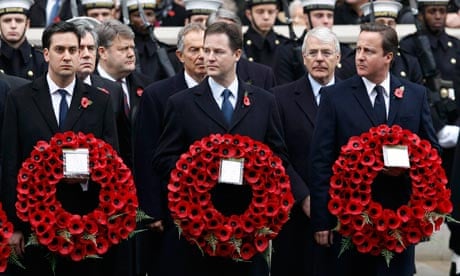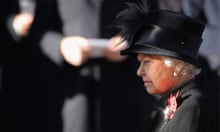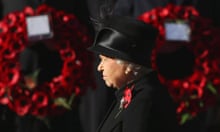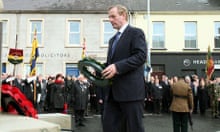At the age of 16, I joined the Royal Artillery and served for five years. When asked what my religion was I replied that I didn't really have one and the recruiting sergeant said "OK, C of E then." There didn't seem to be any other choice on the form. I was stationed in Germany for three of those five years (which is why I am a German lecturer now) and the only time I saw action was from the comfort of my barrack room when the IRA came on one of their away fixtures to Dortmund and bombed us out of our beds at four in the morning. The only damage was to the officers' mess and their Mercedes and BMWs parked outside and the simmering class war between soldiers and officers, which characterises the British Army, came quickly to the fore as we smirked silently to ourselves and looked down at our boots.
These were also the years in which I became politicised and in which that casual English absence of real religious faith hardened into an atheism fuelled by compulsory padre's hours in which we were lectured to by a man standing behind a lectern with the cross of Christ superimposed over an image of one of the three nuclear-capable self-propelled howitzers which stood outside our block and which someone – probably the padre, who by then had started to call me "The Commissar" – had thought would be a great idea to call Faith, Hope and Charity.
But despite having served in the army I can't bring myself to support Remembrance Sunday because behind the facade of concern and mourning for the hundreds of thousands of dead, there is actually a militarisation and sanctification by church, state and monarchy which allows us to actually forget that war is a highly political act carried out for highly political aims not usually in the interests of those who suffer most from its consequences.
Lest We Forget actually means precisely that we should forget about the causes of conflict – which are always apparently far too complex for mere mortals to fathom – and about the inter-imperialist rivalry which saw those lads taken from the countryside and towns across Europe and used as expendable cannon fodder against each other; about the fact that we still send those same working-class lads from unemployment black spots off to fight in unwinnable and even illegal wars in the interests of the rich and powerful. The parade of warmongering politicians in their Sunday best bowing their heads in prayer and wearing their poppies with pride this weekend should be enough to politicise anyone, I would have thought.
However, the question of what an atheist is to make of Remembrance Sunday and the state-church-monarchy phalanx behind which it is celebrated is one which can only be answered in the usual way: it depends on what sort of atheist one is. If anything, Remembrance Sunday is proof of the statement that there is no such thing as a single identifiable group called atheists.
For most of us – apart from the obsessives – our atheism is a secondary quality. If you are an atheist who is also an anti-imperialist or a pacifist or a Guardian liberal then you will probably not only not have much time for the commemorations, but will be actively against it or will wear your white poppy (do they even exist any more?) instead of the ubiquitous and increasingly compulsory red one. If you are a Marxist atheist you will see the whole thing as a way of occluding the old adage from the first world war that a bayonet is simply a weapon with a worker at each end. If, on the other hand, you are a patriot who happens not to believe in God you will probably join in the parades or watch on with pride.
The British Humanist Association wishes to associate itself with the commemoration and that is fine if it is really what all of its members want. Personally, my humanism makes me want to protect humanity from war rather than revel in it in the name of solemn remembrance, but then, I am not that sort of atheist and I don't represent anyone.




